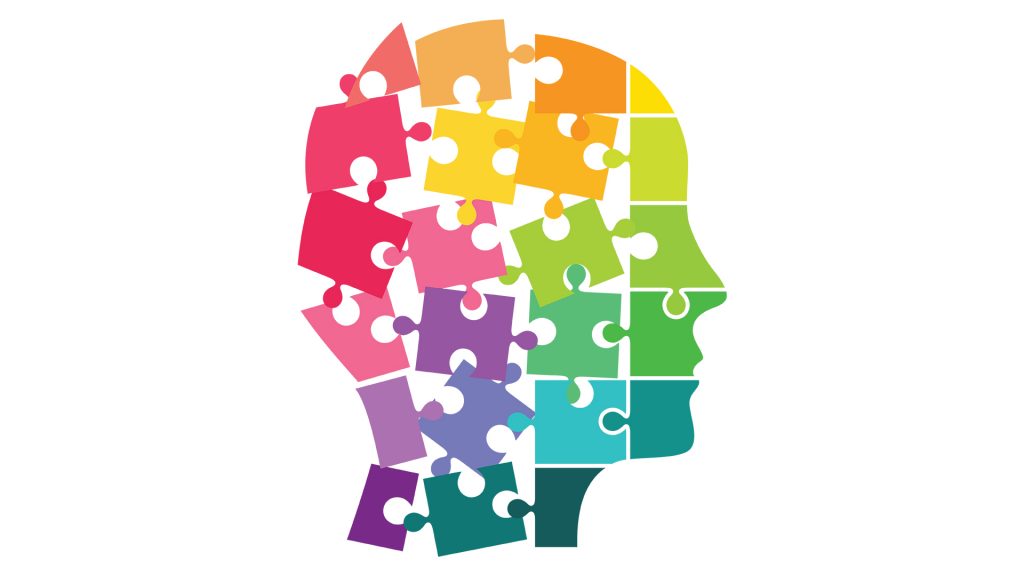Mindful breathing is a powerful technique that can offer individuals with ADHD (Attention-Deficit/Hyperactivity Disorder) a sense of calmness and clarity in the midst of the often overwhelming and distracting world around them. ADHD is a neurodevelopmental disorder characterized by difficulties in sustaining attention, controlling impulses and regulating hyperactivity. Those who live with this condition often struggle with maintaining focus, which can impede their daily tasks, academic or professional performance and even their relationships. While there is no cure for ADHD, mindfulness practices like mindful breathing can provide immediate relief and long-term benefits. At its core, mindful breathing is a simple yet effective technique that encourages individuals to become fully aware of their breath, grounding them in the present moment. It involves paying close attention to the sensation of each inhale and exhale, without judgment or the need to change anything. For people with ADHD, whose minds are often racing with thoughts, this practice can be transformative. By focusing on their breath, they are redirecting their attention to something concrete and immediate, creating a mental anchor to keep them grounded.

When someone with ADHD engages in mindful breathing, several positive effects can occur almost instantly. First, it promotes a sense of relaxation and calmness. This is particularly valuable for individuals with ADHD, as they often experience heightened stress and anxiety due to their struggles with attention and impulsivity. By centering their awareness on their breath, they can activate the body’s relaxation response, leading to reduced stress levels. Furthermore, mindful breathing enhances mental clarity. ADHD can create a fog of distractions, making it challenging to concentrate on tasks or make decisions. Through mindful breathing, individuals can clear away this mental clutter, creating space for more focused and coherent thinking. This newfound mental clarity can be especially helpful in academic or professional settings, where the ability to sustain attention is crucial.
Practicing mindful breathing on a regular basis can also yield long-term benefits for individuals with ADHD. Over time, it can improve attention span, impulse control and emotional regulation. It can help them become more aware of their thought patterns and emotional triggers, giving them the tools to manage them effectively. In conclusion, mindful breathing is a valuable tool for individuals with ADHD seeking instant calmness and clarity in their lives. This practice empowers them to find a sense of peace in the present moment, reducing stress and enhancing their ability to concentrate. While it may not provide a complete solution for managing adult adhd in women, it offers a powerful strategy for coping with its challenges and improving overall well-being. By incorporating mindful breathing into their daily routines, individuals with ADHD can take important steps toward managing their condition and leading more fulfilling lives.